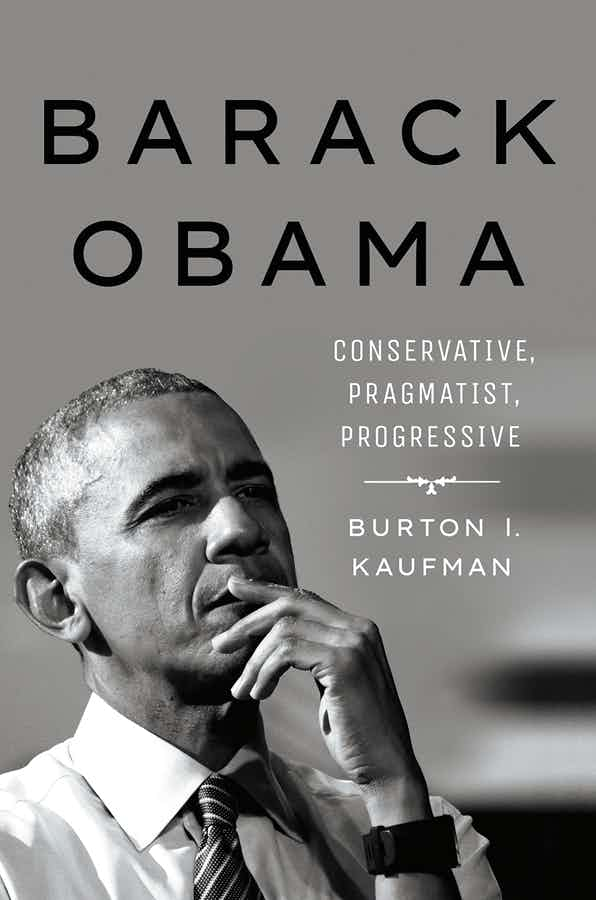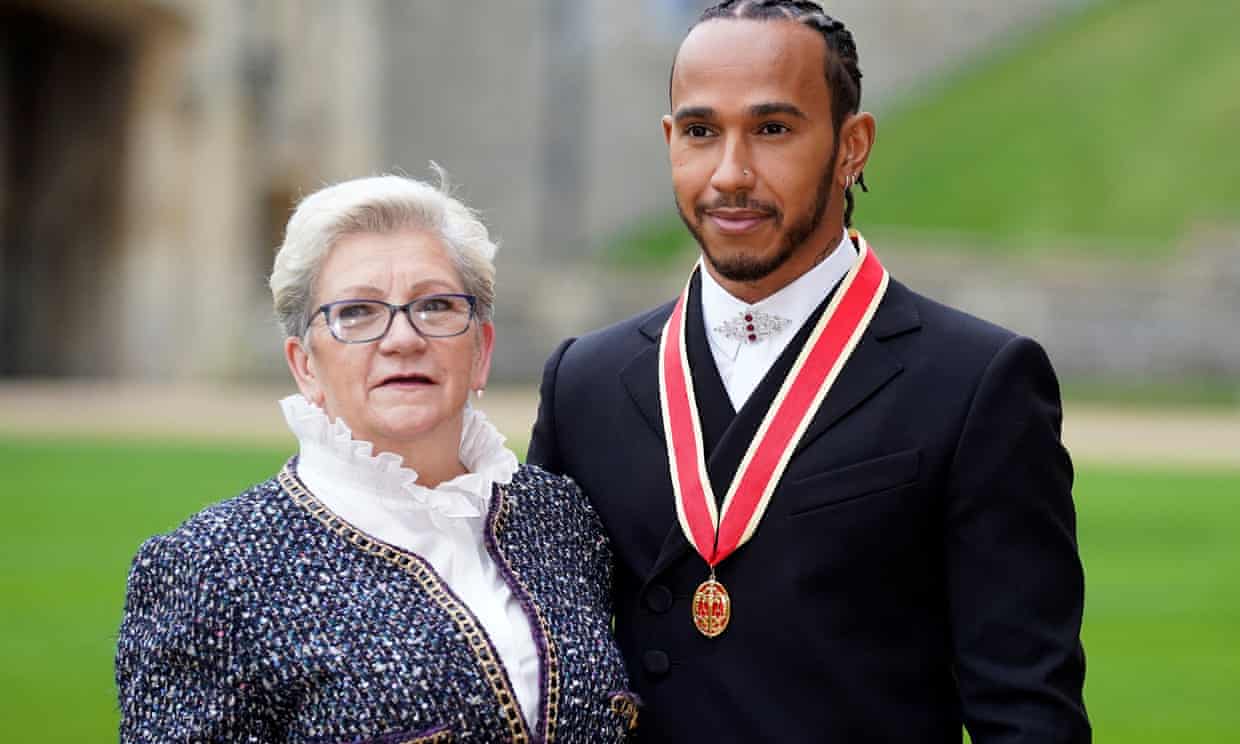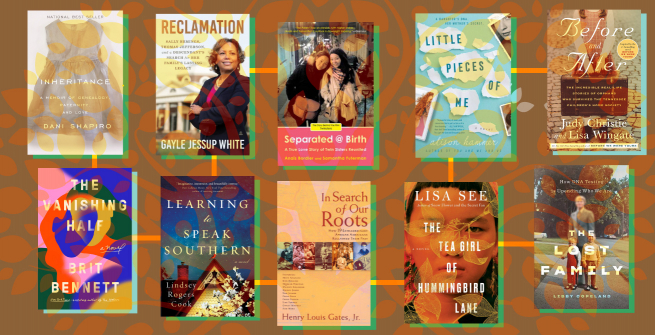Socioemotional wellbeing of mixed race/ethnicity children in the UK and US: Patterns and mechanisms
SSM – Population Health
Volume 5, August 2018
pages 147-159
DOI: 10.1016/j.ssmph.2018.06.010
James Nazroo
Cathie Marsh Institute, University of Manchester, Manchester, United Kingdom
Afshin Zilanawala
University College London, London, United Kingdom
Meichu Chen
University of Michigan
Laia Bécares
Cathie Marsh Institute, University of Manchester, Manchester, United Kingdom
Pamela Davis-Kean
University of Michigan
James S. Jackson
University of Michigan
Yvonne Kelly
University College London, London, United Kingdom
Lidia Panico
Institut National d’Etudes Demographiques, Paris, France
Amanda Sacker
University College London, London, United Kingdom
Highlights
- Mixed race/ethnicity children are thought to have poorer socioemotional wellbeing
- We find no evidence that mixed race/ethnicity children have poorer socioemotional wellbeing in a study covering children aged 5/6 in the US and UK
- We find that mixed race/ethnicity children do have socio-economic advantage
- This socio-economic advantage is protective for socioemotional wellbeing
Existing literature suggests that mixed race/ethnicity children are more likely to experience poor socioemotional wellbeing in both the US and the UK, although the evidence is stronger in the US. It is suggested that this inequality may be a consequence of struggles with identity formation, more limited connections with racial/ethnic/cultural heritage, and increased risk of exposure to racism.
Using data from the UK Millennium Cohort Study (n = 13,734) and the US Early Childhood Longitudinal Study-Birth Cohort (n ~ 6250), we examine differences in the socioemotional wellbeing of mixed and non-mixed 5/6 year old children in the UK and US and explore heterogeneity in outcomes across different mixed groups in both locations. We estimate a series of linear regressions to examine the contribution of factors that may explain any observed differences, including socio-economic and cultural factors, and examine the extent to which these processes vary across the two nations.
We find no evidence of greater risk for poor socioemotional wellbeing for mixed race/ethnicity children in both national contexts. We find that mixed race/ethnicity children experience socio-economic advantage compared to their non-mixed minority counterparts and that socio-economic advantage is protective for socioemotional wellbeing. Cultural factors do not contribute to differences in socioemotional wellbeing across mixed and non-mixed groups.
Our evidence suggests then that at age 5/6 there is no evidence of poorer socioemotional wellbeing for mixed race/ethnicity children in either the UK or the US. The contrast between our findings and some previous literature, which reports that mixed race/ethnicity children have poorer socioemotional wellbeing, may reflect changes in the meaning of mixed identities across periods and/or the developmental stage of the children we studied.
Read the entire article here.








